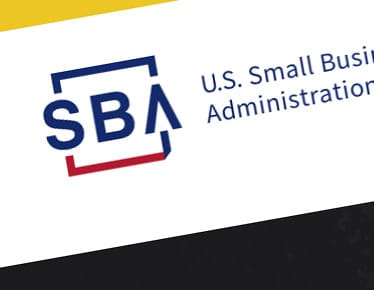
The days of working for one employer from the day you graduate until the day you retire are gone. According to the Bureau of Labor Statistics, the average person has ten different jobs before age 40. Leaving a job as an employee or having to let someone go as an employer raises many challenges that can be difficult to sort through. Whether you are an employee or an employer, the lawyers at Timoney Knox have the employment law expertise to help you navigate these challenges.
Employees retain our services for assistance and advice on matters such as workplace conflict and terminations; discrimination claims associated with national origin, religion, sex, age, or disability; wage and hour disputes; harassment in the work place; workplace safety issues; class action litigation; salary negotiations; severance agreements; and non-competition and confidentiality agreements.
Letting someone go can be difficult for the employer as well. A complex web of federal and state laws must be considered in hiring and firing decisions. Many an employer who hasn’t thought through these issues with a qualified attorney has been shocked to receive a letter months after a termination from the PA Human Relations Commission or the Federal Equal Employment Opportunity Commission alleging discrimination.
The state and federal laws apply not only to terminations. Conditions of employment–including compensation–without regard to age, sex, race, color, religion, pregnancy, and childbirth are covered by those laws as well. You’ll have lots of questions to think about:
Is there an employment contract? Does the company have an employee handbook that spells out what the employee is entitled to expect from the company? Should you have a severance agreement? What kind of a severance payment is required? What about health insurance or unemployment compensation? Is there a restrictive covenant that protects company secrets but could make it difficult for the employee to find a new job? Will that contract hold up in court? How can you stop someone from violating a promise not to work for a competitor? What if they take your clients with them to the new employer? Our experienced attorneys have handled these matters and can handle yours, including advising you how to avoid litigation.
Whatever your situation, Timoney Knox’s Employment Law Group provides employers and employees with successful, practical, and cost-effective solutions to meet their unique needs.
“Thanks again for all of your help. I got a better job!”
Kristina S.Core Services
Civil Rights And Employment Discrimination
Our experienced team of lawyers counsels both small businesses dealing with civil rights or employment discrimination claims and employees who feel they’ve been dismissed from their jobs illegally. We defend our clients’ rights with integrity.
Human Resources
We help our business clients sort through the myriad of human resources issues they face–hiring and firing, company policies, handling claims, drafting documents, and more. The employment attorneys at Timoney Knox have the expertise to help protect your business.
Wrongful Termination
As an employee, you have legal rights that protect you from wrongful termination. If you’ve been let go by an employer, we can help you determine whether you have a claim and ensure that your rights are protected and your best interests are being served.
The Team
News & Articles

Pennsylvania Bans Certain Health Care Related Noncompetes
IMPORTANT LEGAL UPDATE On July 17, 2024, Pennsylvania enacted House Bill (HB) 1633 into law, known as the Fair Contracting for Health Care Practitioners Act (Act 74). Among other provisions,… Read More

SBA Paycheck Protection Loans
(April 2, 2020) The Paycheck Protection Program (PPP) is a vital part of the Coronavirus Aid, Relief, and Economic Security (CARES) Act, passed on March 27, 2020. Intended to provide… Read More

Paid Sick Leave Becomes Law in Philadelphia
On February 12, 2015, Mayor Nutter signed into law a paid sick leave bill that passed City Council by a vote of 14-2. The new law, which will apply to… Read More








